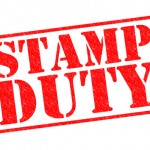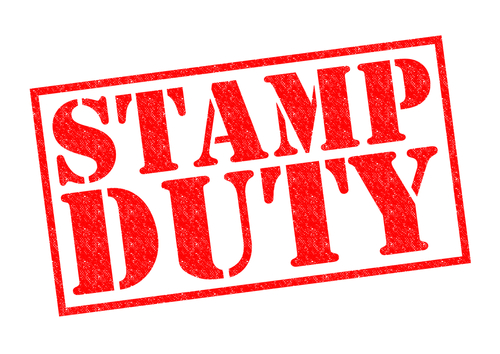New research from the Halifax has found home buyers are around £4500 better off due to last year’s stamp duty changes. The switch from a “slab” structure to a progressive tax was announced in the 2014 Autumn Statement. You now pay 0% up to £125,000; 2% to £250,000; 5% to £925,000; 10% to £1.5million and 12% […]
New research from the Halifax has found home buyers are around  £4500 better off due to last year’s stamp duty changes.
£4500 better off due to last year’s stamp duty changes.
The switch from a “slab” structure to a progressive tax was announced in the 2014 Autumn Statement. You now pay 0% up to £125,000; 2% to £250,000; 5% to £925,000; 10% to £1.5million and 12% above that.
Halifax said that since the reforms there has been some evidence of dampening at the top end of the market, with a 20% decline in sales of homes valued above £1.5 million.
The changes typically benefit anyone buying a home for less than £938,000.
With the current average house price in England and Wales at £273,531, the typical home buyer now faces a total bill of £3,676 in stamp duty.
Under the previous structure, buyers paying this price would have been subject to stamp duty payments of £8,205 – saving £4,529.
Increased property transactions combined with a rise in prices helped to bring stamp duty revenues to a record £7.5 billion in 20014-15, exceeding the previous high of £6.68 billion at the peak of the last housing market boom in 2007-08
The lender said sales above £925,000 in the first six months of 2015 were 10% lower than in the first half of 2014, in line with the market as a whole. This contrasts to both 2013 and 2014 when the prime end of the market was significantly outperforming the rest of the market.
The research also revealed that London contributed 40% of all UK stamp duty revenues in 2014-15, compared to 13% of all property transactions.
Revenues raised in the capital have increased by 60% from £1.9 billion in 2007-08 to £3 billion in 2014-15.
Only one-fifth of all home purchases in England and Wales between May 2015 and July 2015 were below the stamp duty threshold of £125,000.
Craig McKinlay, mortgages director at Halifax, said: “The changes made to stamp duty a year ago have been of significant benefit to many buyers. Only those purchasing the most expensive homes are worse off. There is some evidence that the top end of the market has been adversely affected by the changes with sales over £1.5 million falling by twice as much as the market as a whole.
“The failure to index the start point for stamp duty in line with house price inflation has dragged more buyers into the tax net in recent years. Buyers in London have been particularly badly affected with the capital accounting for an increasing and disproportionately large share of stamp duty revenues.”














